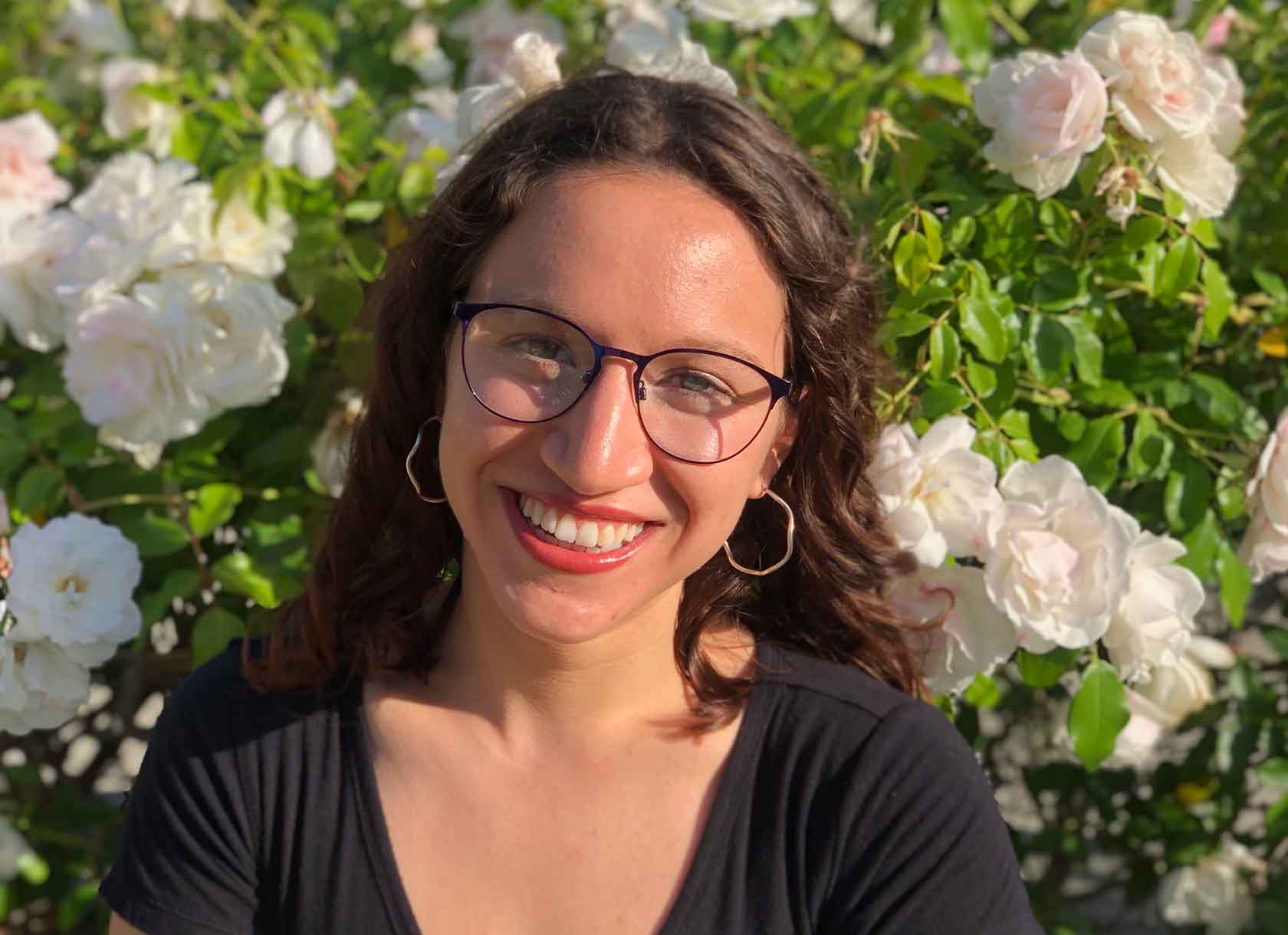
Anna Cohen ’24, a public policy and politics major with a focus on sub-Saharan Africa and migration, received a Critical Language Scholarship (CLS) to study Swahili this summer. The CLS program, run by the US Department of State, is part of a government effort to expand the number of Americans studying and mastering critical foreign languages. The program offers 15 languages to choose from, such as Azerbaijani, Bangla, and Portuguese. Scripps students have successfully applied for a number of scholarships, including four CLS recipients in 2021.
“Honestly, I think there must be something in the water at Scripps!” Cohen jokes, adding that the knowledge that she was applying from a school with a strong history of CLS success was encouraging. In addition to the “fantastic” politics and public policy courses she’s taken across The Claremont Colleges, Cohen emphasizes that the opportunities she’s found through Scripps’ Office of Career Planning & Resources (CP&R) have been “instrumental in equipping me to pursue my passions,” such as the CLS program. Over the 2021–22 winter break, Cohen attended a virtual conference for women in public policy with CP&R’s support. “It was empowering to see women making changes at all levels of policy,” she says.
Cohen will spend the summer participating in intensive language courses, one-on-one sessions with instructors and language partners, and cultural excursions and experiences. At the end of the program, her language proficiency will be determined via interview. While the pace may seem daunting, this isn’t the first time that Cohen has engaged in an intense language-learning experience: In high school, she successfully completed the Department of State’s National Security Language Initiative for Youth, through which she studied Russian.
“In my experience, the language acquisition is quite rapid and dramatic,” she explains. “I’m excited to learn more about Tanzanian cultural norms and build connections with my cohort—who will be both my peers and most likely future colleagues.”
Although these activities would typically be held at the MS Centre for Development Cooperation in Arusha, Tanzania, this summer’s program will be virtual due to COVID-19 precautions. Despite the lack of in-country experience that is usually a critical component of the scholarship, Cohen plans to seek out conversational partners and integrate Swahili more fully into her daily life, noting that she’s already found some fun Swahili cartoons to watch.
Cohen hopes to use Swahili in her volunteer work as well as her academic life and, ultimately, her career. “Volunteering with African refugee communities in Tucson, language has frequently been a barrier to my ability to welcome families into our community,” she explains. Learning Swahili will allow her to more actively engage with people from the regions she’s studying in her major courses, in addition to the post-graduation work she eventually hopes to do with a think tank, the Department of State, a non-governmental organization such as Médecins San Frontières, or as a university professor. She intends to conduct fieldwork and research on the factors leading to migration, with the goal of helping to implement policy and reform that will allow migrants to access their full rights.
“There is a lot of power in language,” Cohen says. “To work in countries other than my own responsibly, I will need to do my best to understand the local context and communicate in a locally spoken language.”

